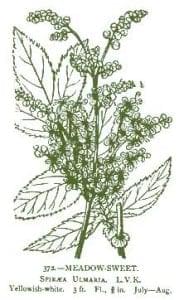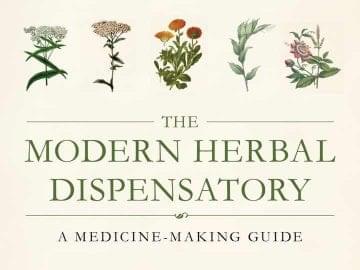Herbal Nerd Society Exclusive Article - Herbalists know that apple cider vinegar deserves its place in the spotlight is its proven effect of reducing low-density lipoprotein (LDL) cholesterol.
Read this article and all of our other Herbal Nerd Society Content.
Become a Member Today. Join Us Here. | Already a Member just log in here.






